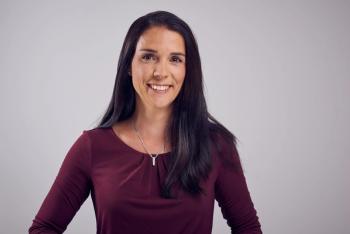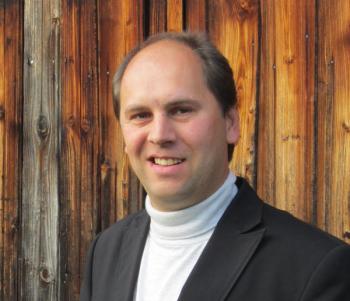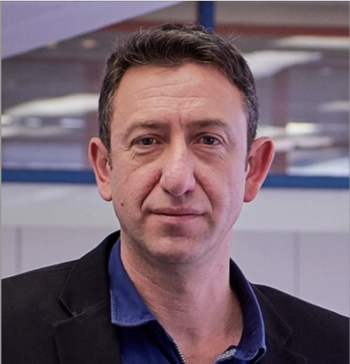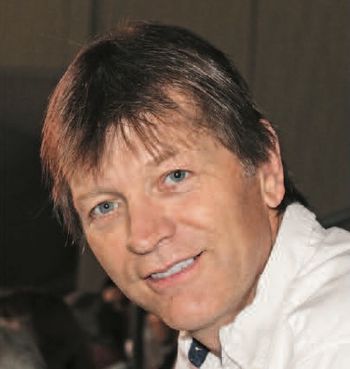Key Points:
- Surrogate modelling is emerging as a powerful tool in chromatographic method development, enabling more efficient experimentation, guiding optimization strategies, and supporting predictive analysis.
- Schug highlights how machine learning-based surrogate models can enhance chromatographic system performance, offering potential advantages over traditional methods such as response surface modeling, and opening doors for real-time control, predictive maintenance, and data-driven decision-making in industrial settings.
In this video interview, LCGC International spoke with Kevin Schug, a long-standing and active member of the LCGC International Editorial Advisory Board. Schug is a professor and the Shimadzu distinguished professor of analytical chemistry in the Department of Chemistry and Biochemistry at The University of Texas at Arlington (UTA), in Texas, USA.
This discussion focuses on the role of surrogate modelling in chromatographic method development and process optimization—an area of growing interest as analytical workflows become increasingly data-driven and resource-conscious. Drawing from his recent work, Schug outlines how surrogate models can be applied to enhance experimental efficiency, guide optimization strategies, and support predictive capabilities in chromatographic systems.
This interview will be of particular interest to researchers and practitioners engaged in SE-SFC and other complex chromatographic techniques who are exploring advanced modelling tools to address challenges in method development and system performance.
Schug spoke to LCGC International at HPLC 2025 to answer the following questions:
- The second part of your talk focused on surrogate modelling? What is surrogate modelling and what application areas did you investigate with this approach?
- What benefits can surrogate modelling potentially benefit chromatographers?
- How can surrogate modeling be adapted for optimizing chromatographic separation processes where experimental runs are expensive or time-consuming?
- In what ways might surrogate-assisted optimization outperform traditional response surface methodologies commonly used in chromatography method development?
- Could high-fidelity simulations of mass transfer or diffusion in chromatographic columns be effectively approximated by surrogates, and what would be the limitations?
- What role could machine learning-based surrogate models play in real-time control or predictive maintenance of chromatographic systems in an industrial setting?





